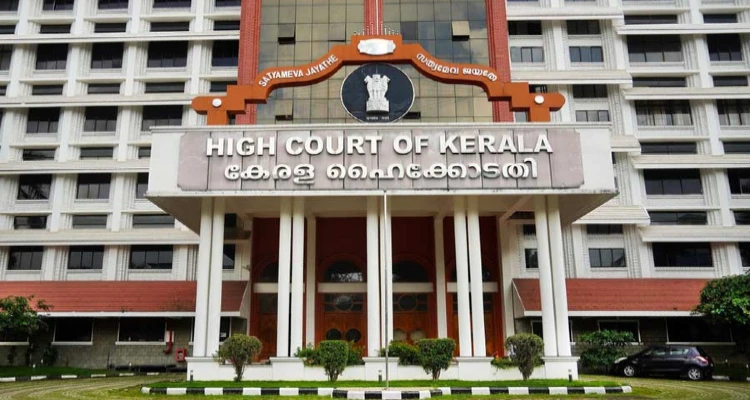
The Kerala High Court recently stated that an Indian man cannot be designated as an “enemy” under the Defence of India Act or its rules simply because he briefly worked in Pakistan.
The high court made this observation while dismissing proceedings initiated under the Enemy Property Act, 1968 concerning land formerly owned by a deceased man, now held by his son, a retired police officer aged 74.
The petitioner had been denied the right to pay basic property tax due to ongoing proceedings under the Enemy Property Act, claiming his father, who passed away in 1995, was deemed an “enemy” for briefly working in Pakistan in 1953. Challenging this classification, the petitioner sought relief from the High Court.
Court’s Observations
A single bench of Justice Viju Abraham emphasized that seeking employment in Pakistan did not warrant categorization as an “enemy” under Rules 130 or 138 of the Defence of India Rules, 1971. These rules, intended to regulate trade with and control of enemy entities, were deemed irrelevant to the case.
The case arose from a petition by P Ummer Koya, challenging the initiation of proceedings by the Custodian of Enemy Property for India (CEPI) against his father’s property, based on a 1971 notification from the Union Ministry of Foreign Trade. This notification aimed to vest property defined as enemy property under Rule 138 in the CEPI.
Petitioner’s Family History
Koya argued that his family had long resided in Malappuram, Kerala, and that his father, buried in India after passing away at 93 in 1995, briefly worked in Karachi as a hotel helper in 1953. Despite police labeling him a Pakistani citizen due to this job, authorities confirmed his Indian citizenship in 1990 after verifying that he had never voluntarily acquired Pakistani citizenship.
The court found merit in these arguments, noting that the 1971 notification targeted preventing trade with enemy entities to safeguard against external threats to India. Importantly, there was no evidence that Koya’s father engaged in such activities during his stint in Pakistan.
Consequently, the court quashed CEPI’s proceedings and instructed the village officer to accept basic tax payments from the petitioner.




